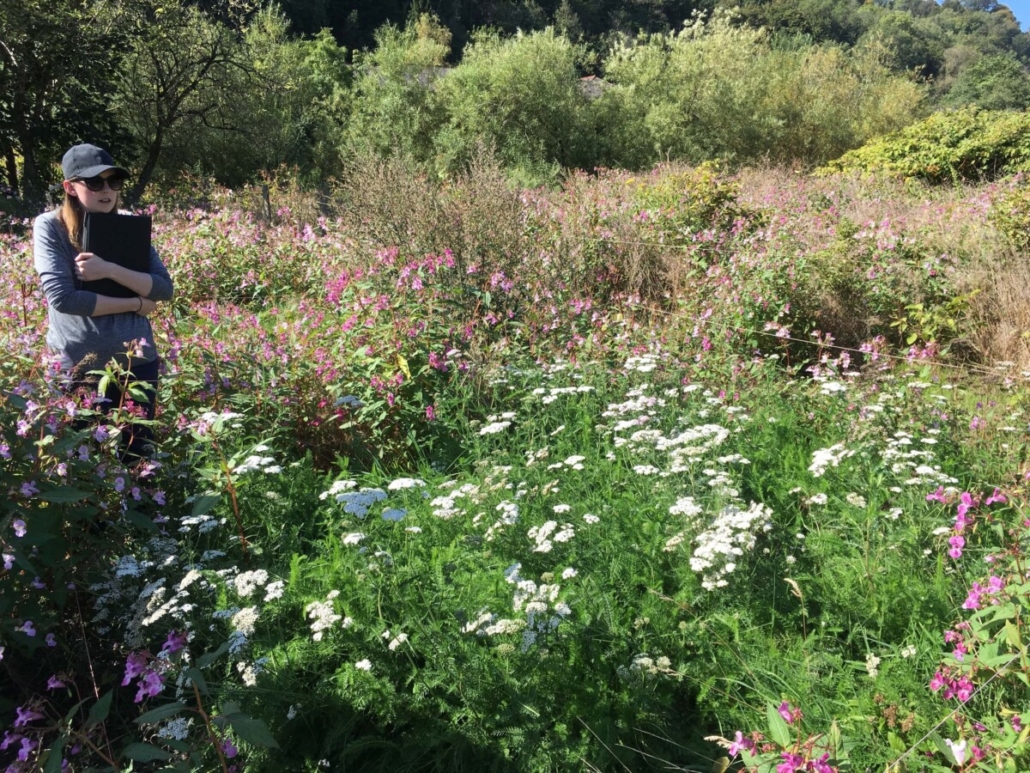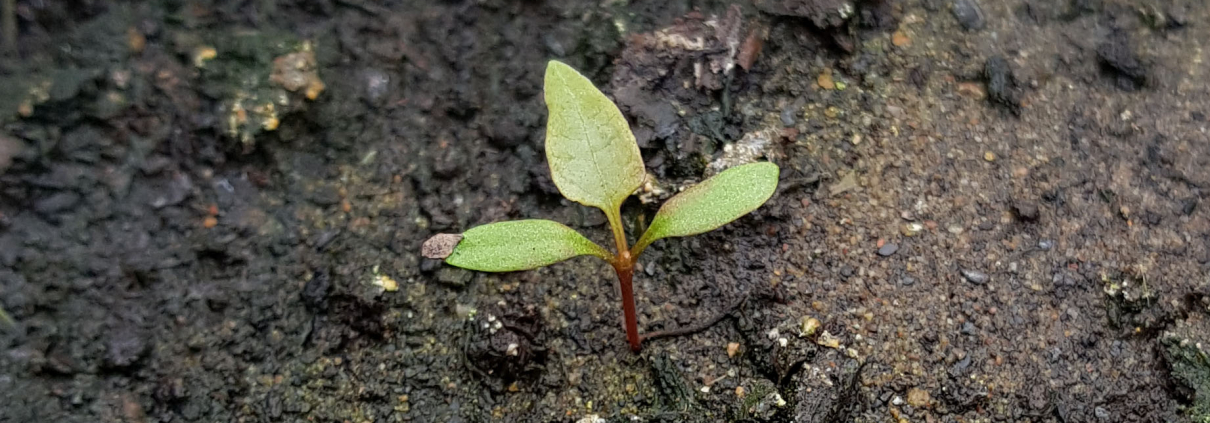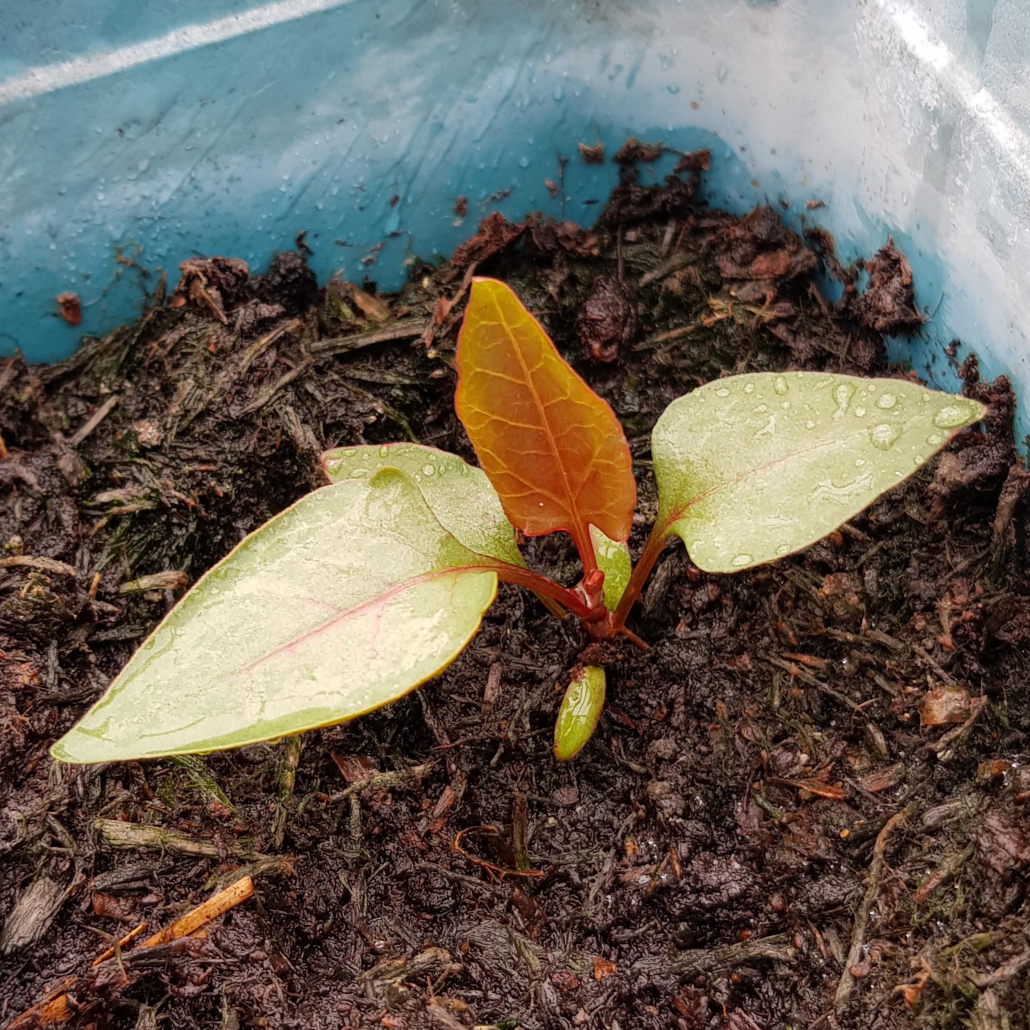Research into environmental cost of managing knotweed
Research into environmental cost of managing knotweed: Complete Weed Control has part funded New Swansea University research that looked at the long-term environmental impact into different methods to control Japanese knotweed.
The invasive species has been calculated to cost more than £165 million to manage every year in the UK alone. Its presence can blight property purchases for households across the country.

Research into environmental cost of managing knotweed
This has led to the development of different ways of trying to control it but with sustainability becoming increasingly important, understanding the effect of these management methods is vital.
A new study, led by biosciences lecturer Dr Sophie Hocking and looking at the entire life cycle and long-term impacts of different management approaches, has just been published in online journal Scientific Reports.
Dr Hocking said: “In light of the current climate emergency and biodiversity crisis, invasive species management and sustainability have never been so important.
“Both of these are intrinsically linked – we know that invasive species can cause substantial negative ecological, social and economic impacts, and the way we manage these species should mitigate against this in a sustainable way to ensure we are not doing more harm than good.
“Although there has been more research into how we can best manage the plant, little is known about how sustainable these approaches are.”
Ian Graham, managing director of Complete Weed Control, stressed the significance of using science to inform best practice adding: “Industry is responsible not only for delivering high-quality outcomes but also for doing so in a manner that takes environmental and social factors into account. This new study will help inform us, ensuring our methods remain the most sustainable.”
Complete Weed Control played a significant role in supporting and funding prior research conducted by Professor Dan Eastwood and Dr Dan Jones, which initiated the most comprehensive knotweed control field trial globally in 2012. The trial examined the leading physical, chemical, and integrated methods of managing the knotweed species. The research was conducted in collaboration with Complete Weed Control and Advanced Invasives, a spinout company led by Dr Jones.
This field study provided valuable information for Dr Hocking’s work. Using a life cycle assessment (LCA) – a methodology for assessing environmental impacts associated with all the stages of the life cycle of a commercial process – to find out the relative environmental impacts of a range of chemical and physiochemical knotweed management methods.
The researchers went beyond a focus on the use and end-of life of these methods and assessed the environmental impacts of different management methods including the production of materials and herbicides required to achieve knotweed control; something that is often overlooked when we evaluate sustainability. For the study, the team selected methods commonly used for knotweed management and used real-world data on time consumption, amount of materials used and economic costs to evaluate their relative environmental impacts.
Of the methods tested, they found that the simplest approach – glyphosate-based foliar spray control methods – used the least materials, had the lowest environmental impacts, the lowest economic costs and is, therefore, the most sustainable approach to tackle knotweed management. The findings are of significance to those working with or are affected by the presence of Japanese knotweed on their land.
Dr Hocking added: “Currently there is a big conversation around the sustainability of herbicides and the ecological and human-health impacts of this. Social perceptions of the ways we manage invasive plants are really important, but we need our understanding of sustainability to be rooted in empirical evidence. We hope that this research will contribute to our wider understanding of the sustainability of different approaches in invasive plant management and help to inform current knotweed management practice.”
This research has been mirrored in the real world as Cardiff Council recently conducted an alternative weed control trial comparing glyphosate with the alternative methods of weed control currently available in the UK.
The scientific trial assessed the viability of two alternatives to the glyphosate-based approach used by the majority of local authorities in the UK. Complete Weed Control delivered the services using its WEEDit technology to inform the independent research which found glyphosate has a smaller overall environmental footprint than the two alternatives trialled, which were acetic acid (a highly concentrated vinegar) and a hot foam treatment (a plant-based product which combines hot water with a biodegradable foam).
Ian Graham concluded: “I am proud to say that our organisation is widely recognised for delivering the highest level of service to our customers across the UK and Ireland, with a strong commitment to continuous improvement and meeting environmental requirements.
“This latest partnership with Swansea University and Advanced Invasives aligns with our commitment to investment in research and technology and our dedication to excellence and sustainability within the industry.”
For the latest industry news visit turfmatters.co.uk/news
Get all of the big headlines, pictures, opinions and videos on stories that matter to you.
Follow us on Twitter and Instagram for fun, fresh and engaging content.
You can also find us on Facebook for more of your must-see news, features, videos and pictures from Turf Matters.















